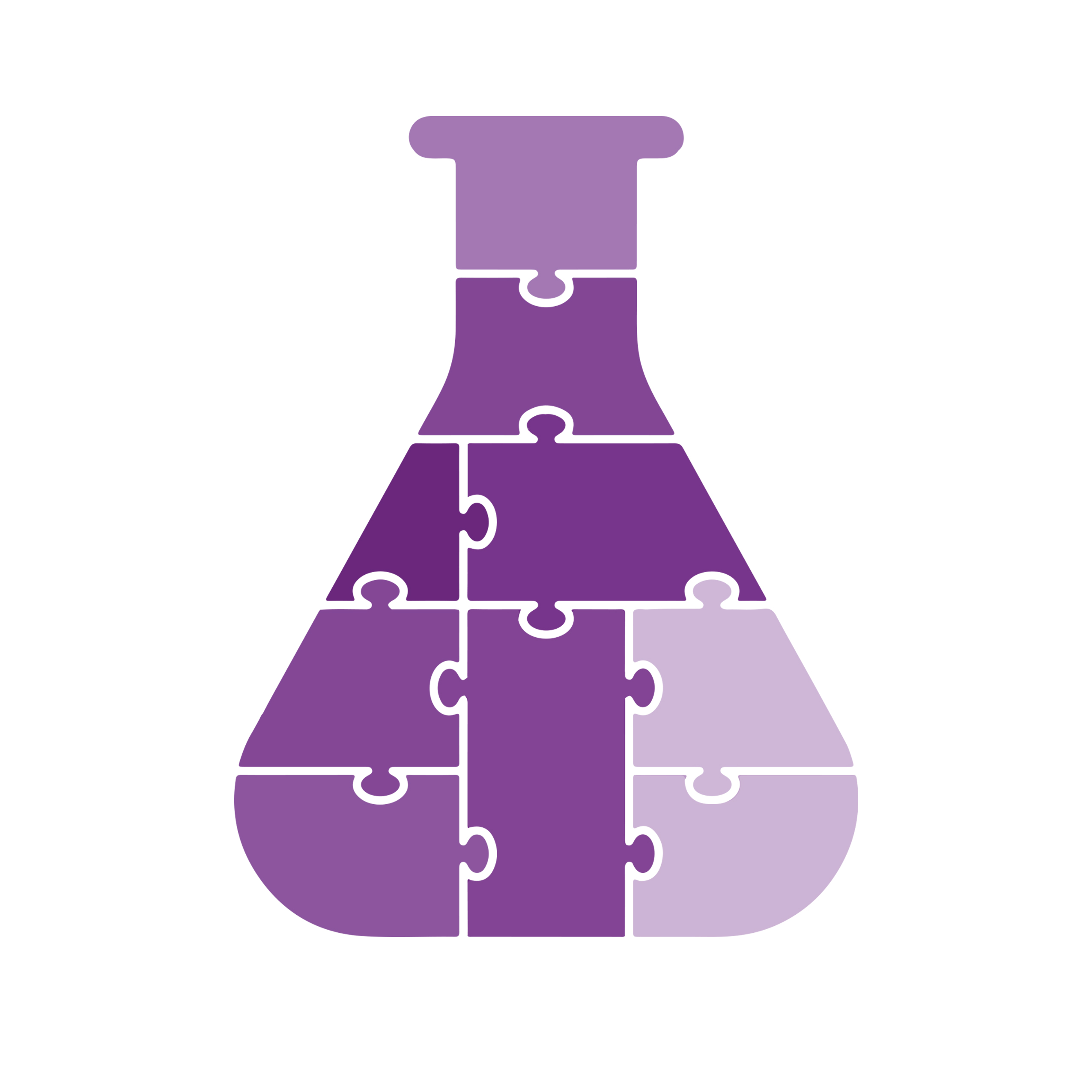主页 > COVID-19 > Covid-19 蛋白

Recombinant 2019-nCoV Spike protein S1 (∆Y145, ∆H146, E484K, D614G) (16-685) was expressed in CHO cells using a C-terminal His- tag.
|
C19S1-G231DH-10 |
|
|
10 ug
20 ug
50 ug
100 ug
Bulk
|
概述:
Novel coronavirus SARS-CoV-2 has caused the pandemic of the respiratory diseases (COVID-19) around the world since 2020 (1). The spike glycoprotein (S) of coronavirus, a type I transmembrane protein containing two subunits, S1 and S2 is known to bind with host cells through the interaction with angiotensin-converting enzyme 2 (ACE2) and facilitate viral entry into the host cell (2). Highly transmissible B.1.617 variant identified in India has mutations (∆Y145, ∆H146, E484K, D614G) in the spike protein. These mutations may result in increased transmissibility and re-infection or resistance to vaccine-elicited antibody. As new variants emerge, it is pivotal to evaluate their transmissibility, virulence and their possible tendency to escape antibody neutralization (3).
基因别名:
2019-nCoV s1, SARS-CoV-2 spike S1, SARS-CoV-2 S1, novel coronavirus spike s1, nCoV spike s1, coronavirus spike S1.
Genbank编号:
参考文献:
1. Zhou P, et al: A pneumonia outbreak associated with a new coronavirus of probable bat origin. Nature. 2020, 579:270-89. 2. Lan J, et al: Crystal structure of the 2019-nCov spike receptor-binding domain bound with the ACE2 receptor. Nature. 2020, 581:215-220. 3. Takuya T, et al: The Spike Proteins of SARS-CoV-2 B.1.617 and B.1.618 Variants Identified in India Provide Partial Resistance to Vaccine-elicited and Therapeutic Monoclonal Antibodies. 2021. doi: https://doi.org/10.1101/2021.05.14.444076
该产品没有相关的出版物。
COVID19